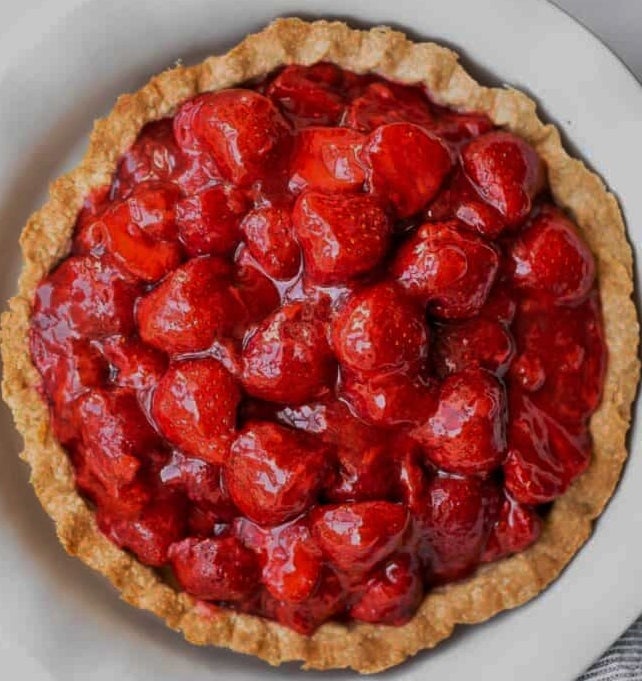Religion Column — Wis-Dumb
Published 7:00 am Saturday, February 2, 2019
By Fr. Jonathan Filkins
Janet was getting on in years and, like many of her peers spent a fair amount of time looking over her shoulder. It was not done in the literal sense, as if someone unwanted was following her. No, it was done in the context of looking back upon her life and all of the considerable what-ifs.
It was not that Janet was alone, or her rear-view mirror was meant only for a select few. The oft frequent lament, heard from every corner of our social order is, “If only I knew then, what I know now, what changes there would be! Why, things would be so much better…” Putting it in a different vernacular, we could say, “If I had the wisdom I have now…boy, was I dumb.”
Many definitions impart the necessity of experience, nee time in place, as a prerequisite to the obtaining of wisdom. The Ancients regularly ascribed honor to those that were aged, as repositories of sage advice and perspective. As Christians, we note the Book of Wisdom and the reputation of King Solomon as a touchstone of the concept of wisdom itself.
Yet, one of the glaring difficulties with the definition and perhaps, one of the greatest “cop-outs” in adult responsibility, is the belief that proper thoughts and behaviors are only for the experienced. It is implied, for us, that proper judgment is only for those seasoned by life.
Consider the parental demand, “Don’t stick your hand in the fire, it’s hot,” or, “Don’t jump off of that forty-foot cliff, it will hurt when you hit the bottom.” We take it for granted our parents have not tried either behavior, possess their wisdom by also being told what to do, and by rational observation. Let us acknowledge those who have gotten too close to the inferno, or have taken too great a leap in their own lives. While most of us have not done so, in the literal sense, we would be remiss in believing that we are blameless in the figurative sense.
An essential part of our growth is maturity and knowledge. Pragmatically, we don’t expect a toddler to be possessed with a great intellect. Yet, for any parent who has had children, at this life-stage, they know them as little sponges; readily and vociferously absorbing their surroundings. It is a rare parent who has not been astounded by the extraordinary proclivity of their offspring to learn. Educators, after years of study, tell us the years up to age eight are the most important for learning.
If this is so, then at what point does wisdom become wis-dumb. Some would point our physical maturity and teenage hormones get in the way. Yet, there are countless examples of our fellow humans residing in each camp; both before and after the traditional markers. The piano prodigy, the math whiz, and the computer genius are early fonts of wisdom. We all seem to know folks who seemed to grow up early, and there are those who we are still waiting upon.
Wisdom is something which is both learned and taught. Like Faith, it is something which has to be exercised in order to be robust and healthy. We do not need to have had actual experiences, but we do have to have insight into ourselves and our thought processes. For true Biblical wisdom, it is how we address this knowledge and how we relate it to our lives. As things in this life, and in our unique relationship with God, we have choices.
Jesus, at the age of twelve, was teaching at the Temple in Jerusalem, and those that heard Him, “were astonished.”
While we know Him as the Son of God, we also know Him as the Son of Man, and His example is for us here on earth. Each of us has the propensity to offer wisdom to others, in spite of our many faults.
Even though it is our lack of constancy which causes us to stumble, we too may impart God’s wisdom, whether young or old. We can either offer wis-dumb, or wisdom to His Creation.



